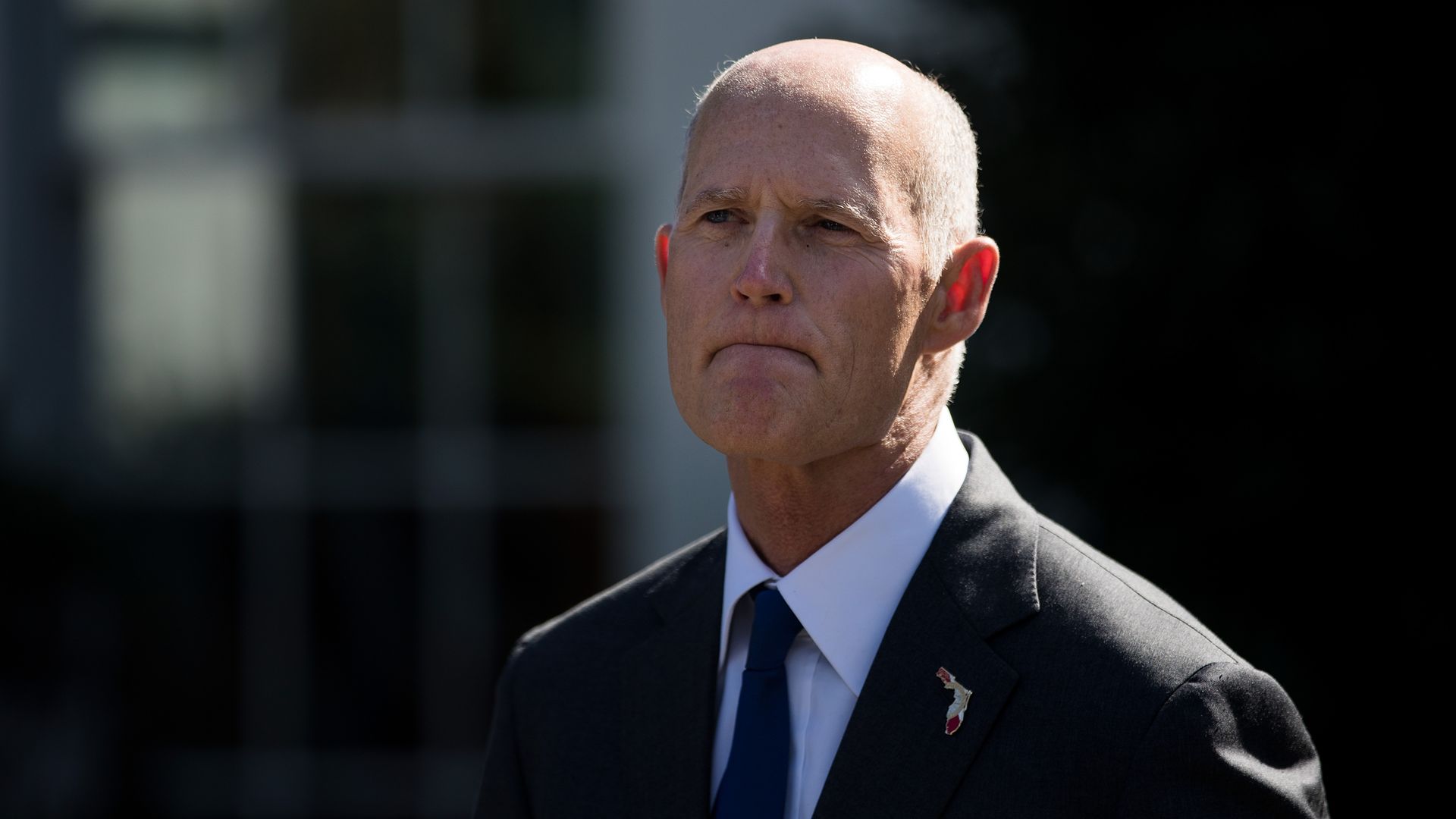Feb 1, 2018
Judge rules Florida system for restoring felon voting rights unconstitutional
Add Axios as your preferred source to
see more of our stories on Google.

Florida Governor Rick Scott. Photo: Drew Angerer/Getty Images
Add Axios as your preferred source to
see more of our stories on Google.

Florida Governor Rick Scott. Photo: Drew Angerer/Getty Images